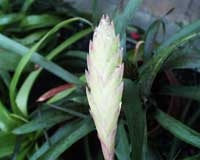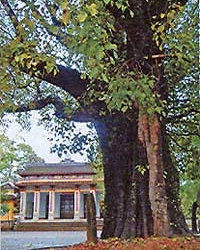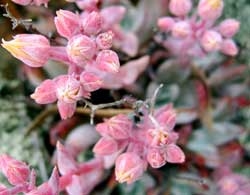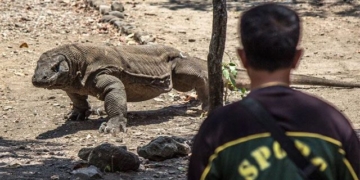The seagrass meadow in Western Australia is actually just a single clone, thriving through environmental changes for 4,500 years.
Researchers from the University of Western Australia and Flinders University have discovered a meadow of Poseidon’s ribbon weed (Posidonia australis) off the coast of Western Australia that covers an area of 200 km2. The entire meadow has developed from just one seedling, spreading by cloning itself. Therefore, this is likely the largest plant on Earth. The new study was published in the journal Proceedings of the Royal Society B on May 25.
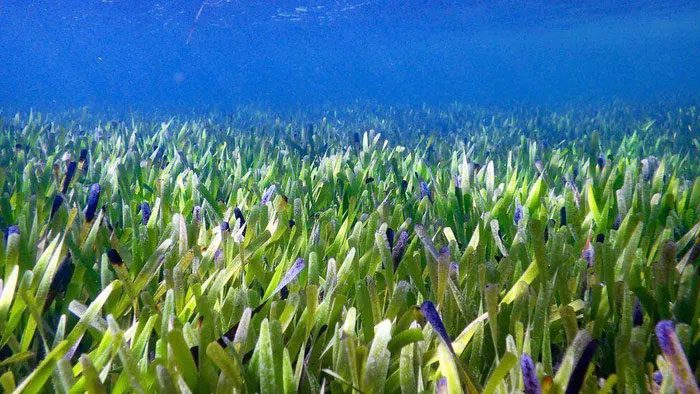
A part of the seagrass meadow is now the largest plant in the world. (Photo: University of Western Australia)
Initially, the team of scientists conducted a study on the genetic diversity of seagrass meadows in Shark Bay. They sampled young shoots from various locations in the area, which encompassed different environments, and then examined 18,000 genetic markers to profile the plant.
“The results were astonishing. There is only one! One plant has spread over 180 km in Shark Bay, becoming the largest plant ever recorded on Earth. The 200 km2 seagrass meadow appears to have developed from a single seedling,” said Jane Edgeloe, the lead author of the study.
Poseidon’s ribbon weed sets a new record convincingly, at least in terms of area. The previous record for the largest plant in the world belonged to the trembling aspen tree Pando in Utah, USA. This tree has cloned itself into a community connected by the same root system. Pando covers an area of 0.4 km2, meaning the seagrass meadow is over 400 times larger. However, Pando may be larger in terms of biomass.
The team estimates that the Poseidon’s ribbon weed in Australia is at least 4,500 years old. They also discovered how it manages to cope with environmental changes despite lacking genetic diversity. It is a polyploid plant, meaning it contains two complete sets of genes from the parent plants rather than just receiving two halves.
“Polyploid plants often thrive in harsh environmental conditions where they cannot reproduce normally, but they can continue to grow if undisturbed, and this massive seagrass meadow has done just that. Even without flowering and successfully producing seeds, it seems to be very resilient, enduring various temperatures and salinity levels, along with extreme light conditions—factors that stress most plants,” explained Dr. Elizabeth Sinclair, a senior author of the study.
The research team plans to continue investigating Poseidon’s ribbon weed to uncover more secrets about its growth.








































